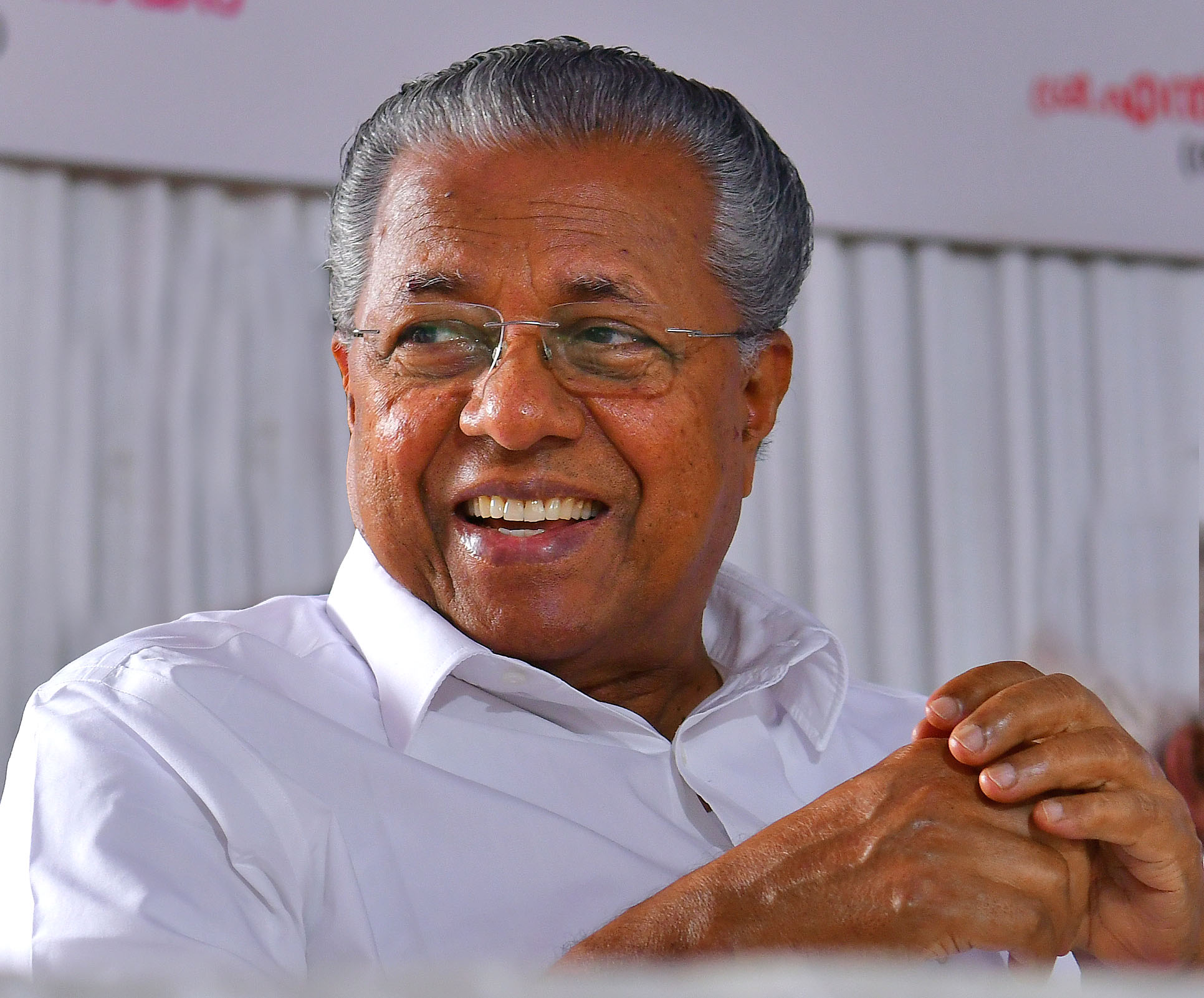
Privatisation, FDI & more: CPM's meet lays roadmap to transform Kerala

The ruling party in Kerala, the CPI (M), seems to be ready to read the writing on the wall – to take cues from a post-liberalised and globalised world and to drop their dogmatic theories against privatisation and capital investment.
The policy paper presented by Chief Minister Pinarayi Vijayan in the CPI(M)’s four-day state conference being held at Ernakulam envisions how Kerala should be transformed within the next quarter of this century. The CPI(M)’s policy document gives importance to Foreign Direct Investment (FDI), particularly in the field of higher education, with the intention of transforming Kerala into a knowledge society.
Party’s state secretary Kodiyeri Balakrishnan argued that earlier too the party was not against private investment. “We have always taken the position that we would go in for privatisation and foreign direct investment judiciously without excluding the poor from its benefits. We are not selling public sector undertakings either. During the last tenure of the LDF government, the PSUs that were running at a loss were rejuvenated and have been running profitably,” said Kodiyeri addressing a press conference at the venue.
Clearly, the CPI (M) is turning its back on an era of protests against computerisation and digitisation. For the policy, the paper focuses on infrastructural development as well as information technology, which are identified as niche areas for the state government. The vision is to enhance the standard of living of the people of Kerala to that of developed, middle-income countries within 25 years.
Though there is resistance to many development projects such as K-Rail from environmentalists, many academicians and intellectuals welcomed the ruling CPI (M)’s policy shift. “Private investment or foreign direct investment is necessary to attract foreign universities to Kerala,” said Dr Kunjaman, a former faculty member of TISS .
Also read: CPIM Kerala state conference begins, to discuss development goals
“The goal of education in the past was to create a workforce to suit local requirements. It has changed now. Today, the goal of education is to build a knowledge society and to enable students to acquire the skills to work anywhere in the world. Our students require quality education and exposure,” Dr Kunjaman told The Federal.
K Venu, the former leader of the Naxal movement, who later turned out to be an UDF supporter, also welcomed the transformation in CPI(M)’s vision.
“The vision of Kerala’s development requires such an innovative approach. Many of the world-class universities are in the private sector only. We don’t have to shut the door to the world, instead we must keep it open to welcome fresh air and light,” pointed out K Venu.
Though the party is all for development, the concerns regarding environment, climate change, agrarian crisis and labour were also raised as key issues by the delegates at the conference. Kodiyeri Balakrishnan told the media that topics such as the man-animal conflict in various parts of the state were also discussed as a matter of serious concern by the delegates.
The amendments suggested by delegates to be incorporated in the policy document also include the protection and preservation of groundwater resources and the prevention of coastal erosion. The decline in agricultural produce prices was also pointed out as a matter of urgent priority during the discussions by delegates. Also, the issues related to land ownership, the deplorable working and living conditions of the workers in the plantation sector etc., were debated by the delegates as concerns that needed to be included in the policy paper.

